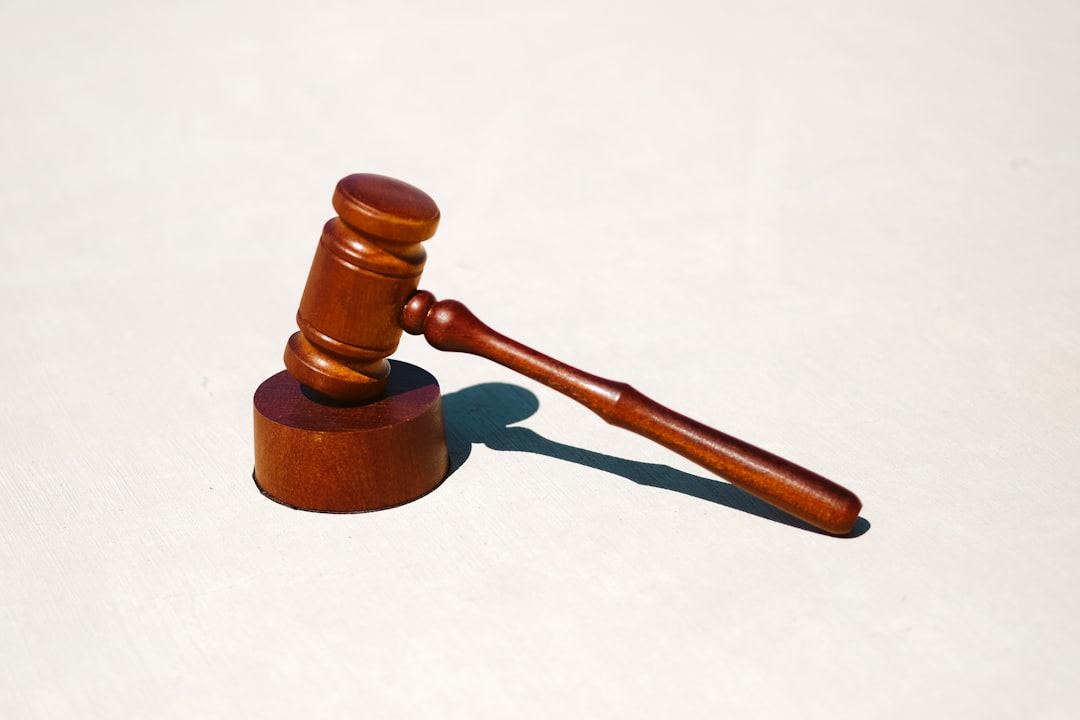In Pennsylvania, a rape lawyer plays a pivotal role in defending individuals accused of sexual assault. Understanding the nuances of rape law is essential for any defense attorney navigating these complex cases. This article delves into the key aspects, from defining rape under Pennsylvania law to strategic defenses and handling sensitive evidence. We explore how expert testimony and legal arguments can build a robust case while emphasizing ethical considerations and client support services crucial for justice in rape trials. Find out how a dedicated rape lawyer in Pennsylvania can provide vital defense strategies.
Understanding Rape Law in Pennsylvania: Definitions and Elements of the Crime

In Pennsylvania, rape is a serious criminal offense defined under various statutes depending on the specific circumstances. A rape lawyer in Pennsylvania will be well-versed in these laws, which aim to protect victims and ensure justice. The key elements of rape typically include non-consensual sexual intercourse or intrusion, force, or coercion. Consent is crucial; any act without explicit and voluntary agreement is considered rape.
Understanding the nuances of consent is essential, as it can vary based on age, capacity, and circumstances. A rape lawyer will argue that the burden of proof lies with the prosecution to demonstrate these elements beyond a reasonable doubt. This legal expertise is vital for navigating complex cases where defenses may include lack of physical evidence, questionable testimony, or questions around the victim’s behavior.
The Role of a Defense Attorney in Rape Cases: Strategies for a Robust Defense

In rape cases, the role of a defense attorney is multifaceted and crucial. A skilled Pennsylvania rape lawyer employs a range of strategies to ensure a robust defense. They begin by thoroughly examining the evidence, challenging the prosecution’s case, and identifying potential weaknesses or inconsistencies in the victim’s testimony. This includes cross-examining witnesses, presenting alternative explanations for the events, and utilizing expert testimony to counter the prosecution’s narrative.
These attorneys also play a vital role in navigating the legal complexities of rape cases, which often involve sensitive issues like consent, DNA evidence, and witness credibility. They advocate for their clients’ rights, ensuring fair treatment throughout the legal process. By employing these strategies, a Pennsylvania rape lawyer aims to protect their client’s interests, achieve a favorable outcome, and provide a powerful voice for justice in what can be an emotionally charged and challenging legal battle.
Building a Strong Defense: Evidence Handling, Expert Testimony, and Legal Arguments

A skilled Pennsylvania rape lawyer understands that building a strong defense in such sensitive cases requires meticulous handling of evidence and expert testimony. It’s crucial to gather all relevant physical and digital evidence, ensuring it’s properly preserved and admissible in court. This includes conducting thorough investigations, interviewing witnesses, and examining forensic reports.
Expert testimony plays a significant role in rape trials. The lawyer may engage respected medical and legal experts who can provide insights into various aspects, from the physical and psychological impacts of sexual assault to the reliability of certain evidence. Crafting compelling legal arguments based on these expert opinions is essential to challenging the prosecution’s case and ensuring a fair outcome for the client.
Navigating the Justice System: Ethical Considerations and Client Support Services

Navigating the complex landscape of the justice system is an intricate task, especially in high-stakes cases like rape accusations. A skilled rape lawyer in Pennsylvania understands that ethical considerations and client support services are pivotal to ensuring a fair trial. They must balance advocating for their client’s innocence with upholding professional standards, maintaining confidentiality, and providing compassionate guidance throughout the legal process.
These attorneys often collaborate with specialized support services, such as victim advocates and mental health professionals, to offer comprehensive assistance to their clients. By doing so, they can help mitigate the trauma experienced by rape survivors during legal proceedings, fostering an environment where justice is pursued not only for the accused but also with sensitivity towards the circumstances faced by victims of sexual assault.






